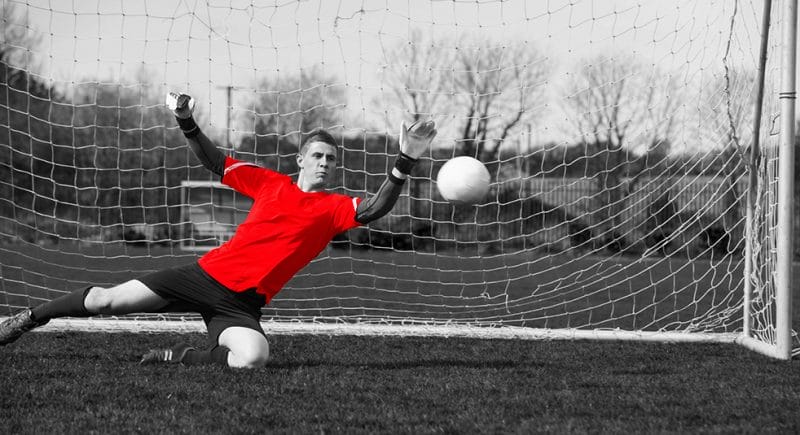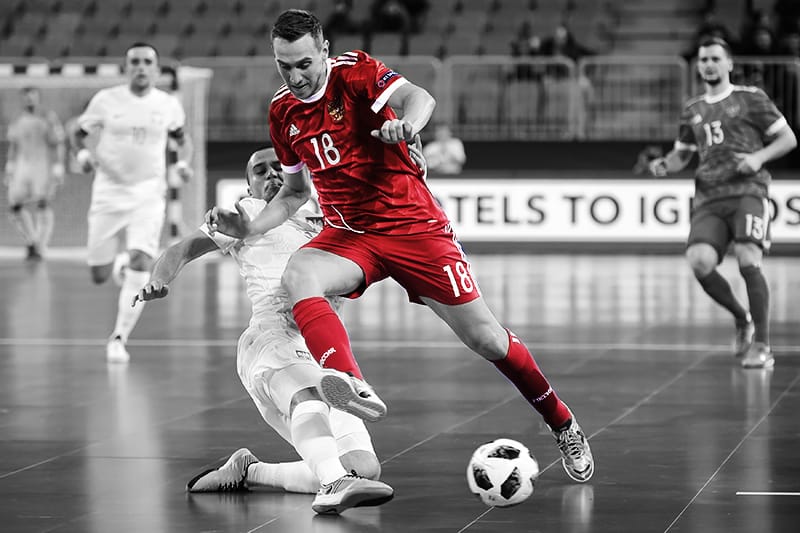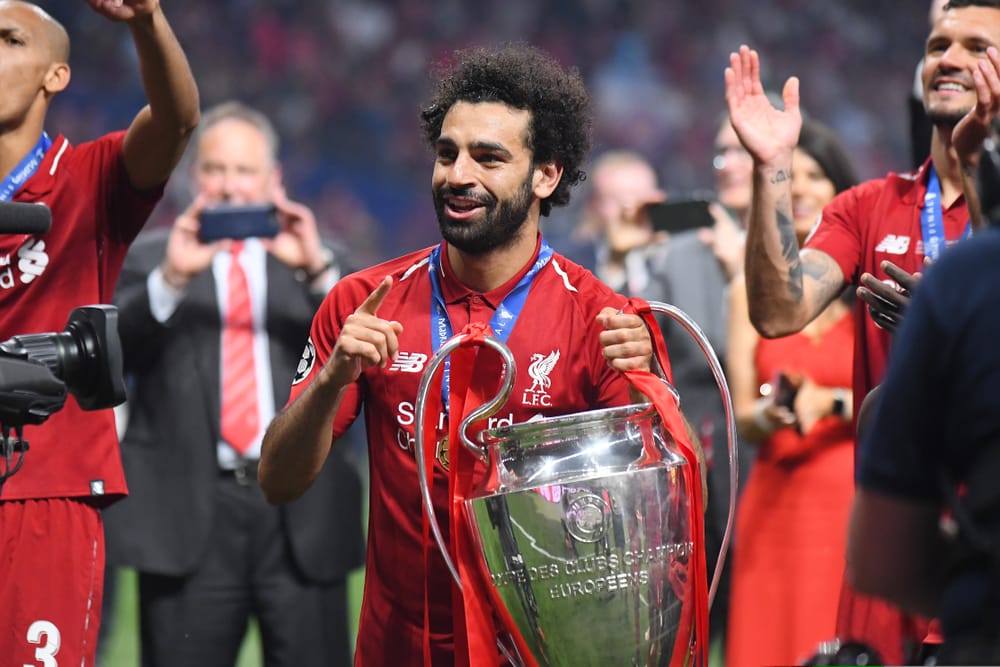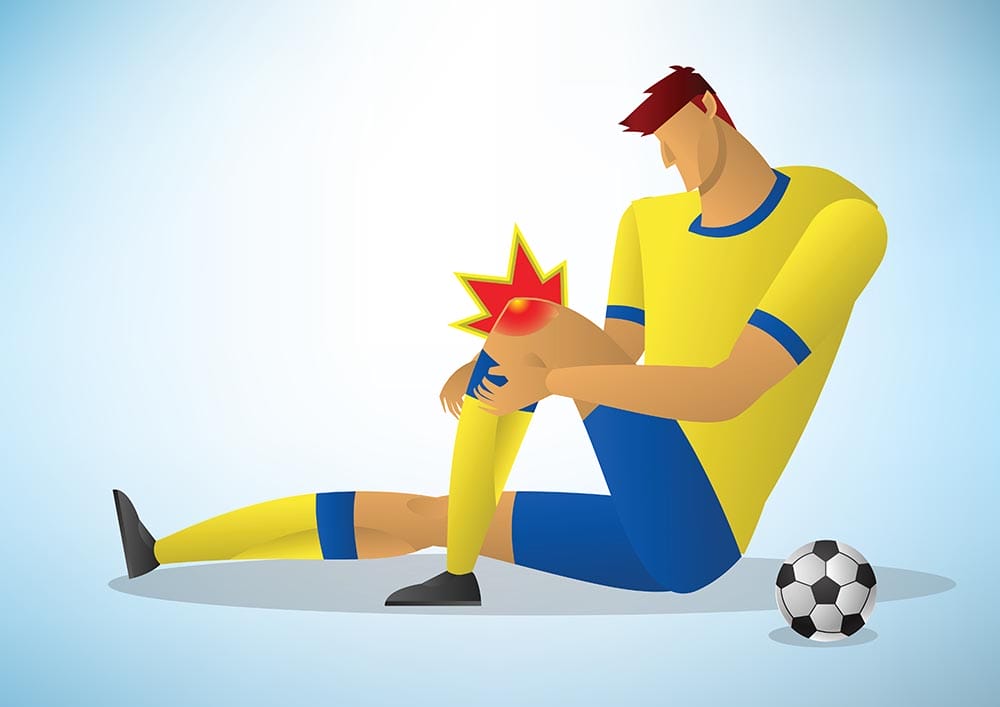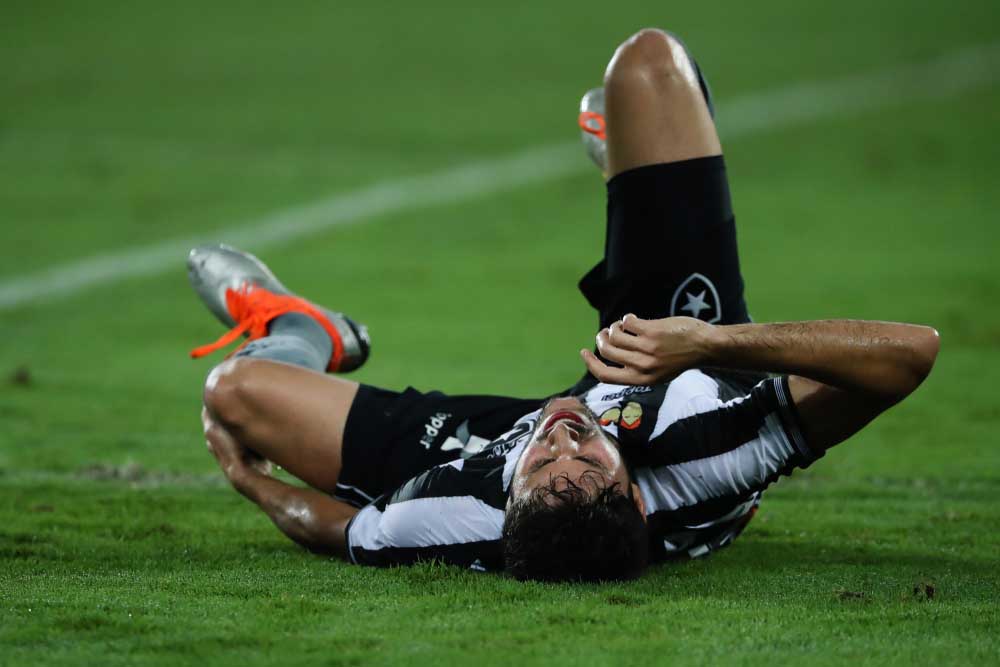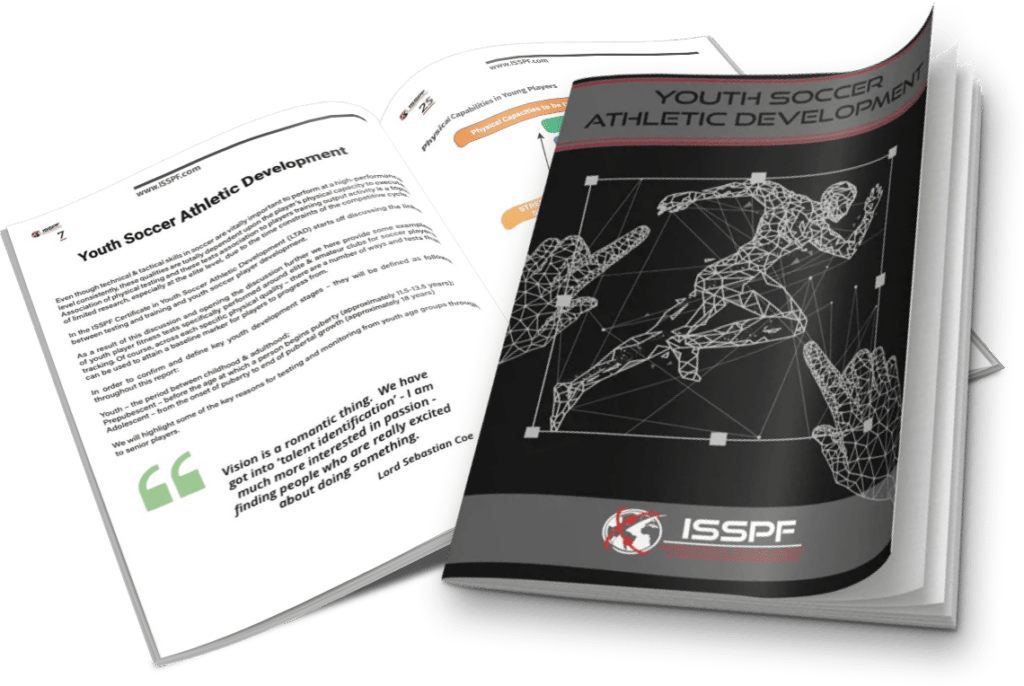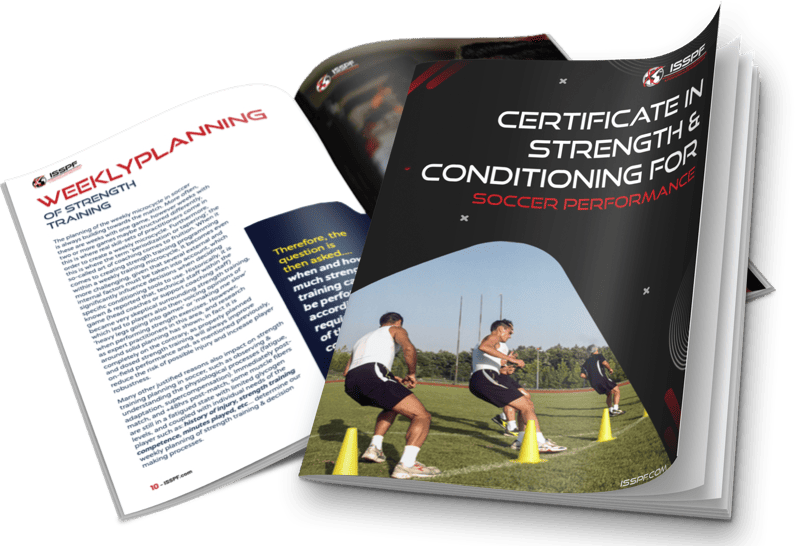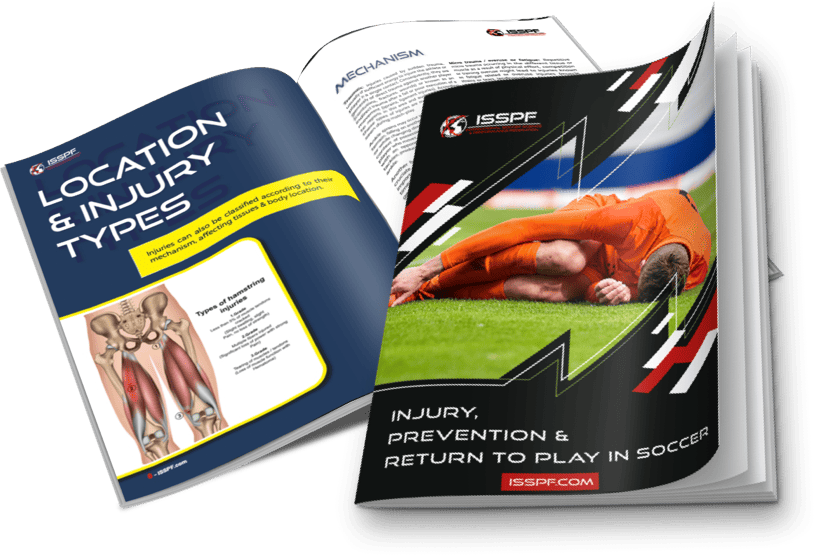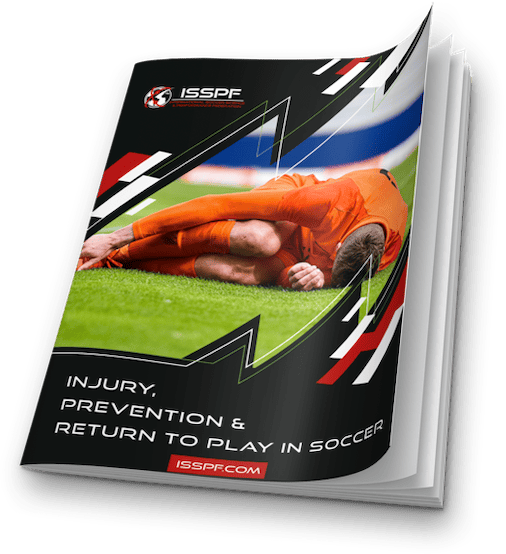Across team sports, it is commonly recognized that organized training activities (led by coaches) enhance athlete development and better prepare performers for the dynamic demands of competition environments (Hodges and Franks, 2002; Côté et al., 2007).
Coaches Role Managing the Training Environment
The coaches’ ability to provide athletes with appropriate affordances (primarily, via the use of task constraints) within game-representative training environments is incumbent for skill learning.
In order to facilitate an appropriate training environment, there appear to be three key challenges for “specialist coaches” to manage and make decisions on; these include the key concepts of (1) the representativeness of training;(2)stability and instability in training; and (3) the level of information complexity(i.e., as managed by task constraint manipulations and the practice schedule of movement tasks).
In detail, the former two challenges support training designs in terms of their “replication value” of actual performance demands and preparation for movement adaptability in dynamic team sports.
The latter challenge helps practitioners to manage the “level of appropriateness” of the training environment, in relation to the performer’s perceived task complexity and skill level.
Structuring Periodization
Across sports and movement science, training periodization has been recognized as key for athlete development and performance.
While periodization with regard to physiology has a proven history, the structuring and periodization of motor learning and skill development is seemingly less researched and practiced.
Despite the existence of numerous theoretical accounts underpinning skill acquisition training and more recently emerging periodization models, a cohesive framework to practically support coaches in the context of “specialist coaching” appears to be needed.
Using Specialist Coaches
The use of “specialist coaches” for individualized, one-on-one or small group trainings displays a growing trend in team ball sports.
Despite limiting the replication of game-representative environments (i.e., by constraining the number of involved athletes in training), “specialist coaches” in performance sports constantly aim to achieve marginal gains and refinements in athlete development.
In order to support these “specialist coaches” and fill a research gap on skill training periodization, the current paper seeks to review and transfer contemporary skill acquisition training theory (driven by the constraints-led approach) into a practically-applicable “Periodization of Skill Training” framework (“PoST” framework).
This framework provides valuable conceptual and practical support for “specialist coaches” in performance sport; which will in turn, enhance, and refine adaptive movement variability for sports skills and manipulate skill training environments (i.e., over the course of macro- and micro-cycles, and for the planning of single training sessions).
Practical examples from soccer goalkeeping (i.e., a “specialist coaching” context, often constrained to a small number of players in the training environment) will underline the proposed framework.
Practical Application
- Understanding that there is “no silver bullet for all teaching (coaching) and learning” represents the responsibility for coaches to individualize and periodize skill training based on athletes’ needs.
- Considering the emerging context of “specialist coaches” working solely with individual athletes or small groups of athletes, there appears to be a fruitful opportunity for individualized control of information complexity that athletes are confronted with.
- If a coach working individually with one or two athletes cannot manipulate task constraints in order to cater to each individual athlete’s needs, then one might argue that this role would be even harder for a head coach working with a squad of 20–30 soccer players at the same time.
Share this article:
